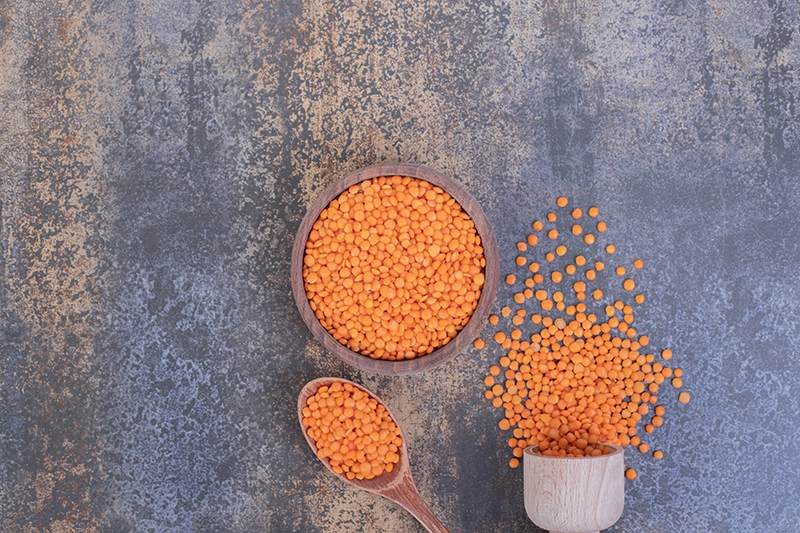Fruits are the seed-bearing product of plants and have considerable nutritional importance in the human diet.
The consumption of fruits is among the dietary strategies recommended for constipation due to its potential effects on the gut microbiota and gut motility. Dietary fiber from fruits has been the subject of research on the impact on gut microbiota, gut motility and constipation, however, fruits also contain other components that impact the intestinal luminal environment that may impact these outcomes including sorbitol and (poly)phenols. This review aims to explore the mechanisms of action and effectiveness of fruits and fruit products on the gut microbiota, gut motility and constipation, with a focus on fiber, sorbitol and (poly)phenols. In vitro, animal and human studies investigating the effects of fruits on gut motility and gut microbiota were sought through electronic database searches, hand searching and consulting with experts. Various fruits have been shown to modify the microbiota in human studies including blueberry powder (lactobacilli, bifidobacteria), prunes (bifidobacteria), kiwi fruit (Bacteroides, Faecalibacterium prausnitzii) and raisins (Ruminococcus, F. prausnitzii). Prunes, raisins and apple fiber isolate have been shown to increase fecal weight in humans, whilst kiwifruit to increase small bowel and fecal water content. Apple fiber isolate, kiwifruit, fig paste, and orange extract have been shown to reduce gut transit time, while prunes have not. There is limited evidence on which fruit components play a predominant role in regulating gut motility and constipation, or whether a synergy of multiple components is responsible for such effects.



